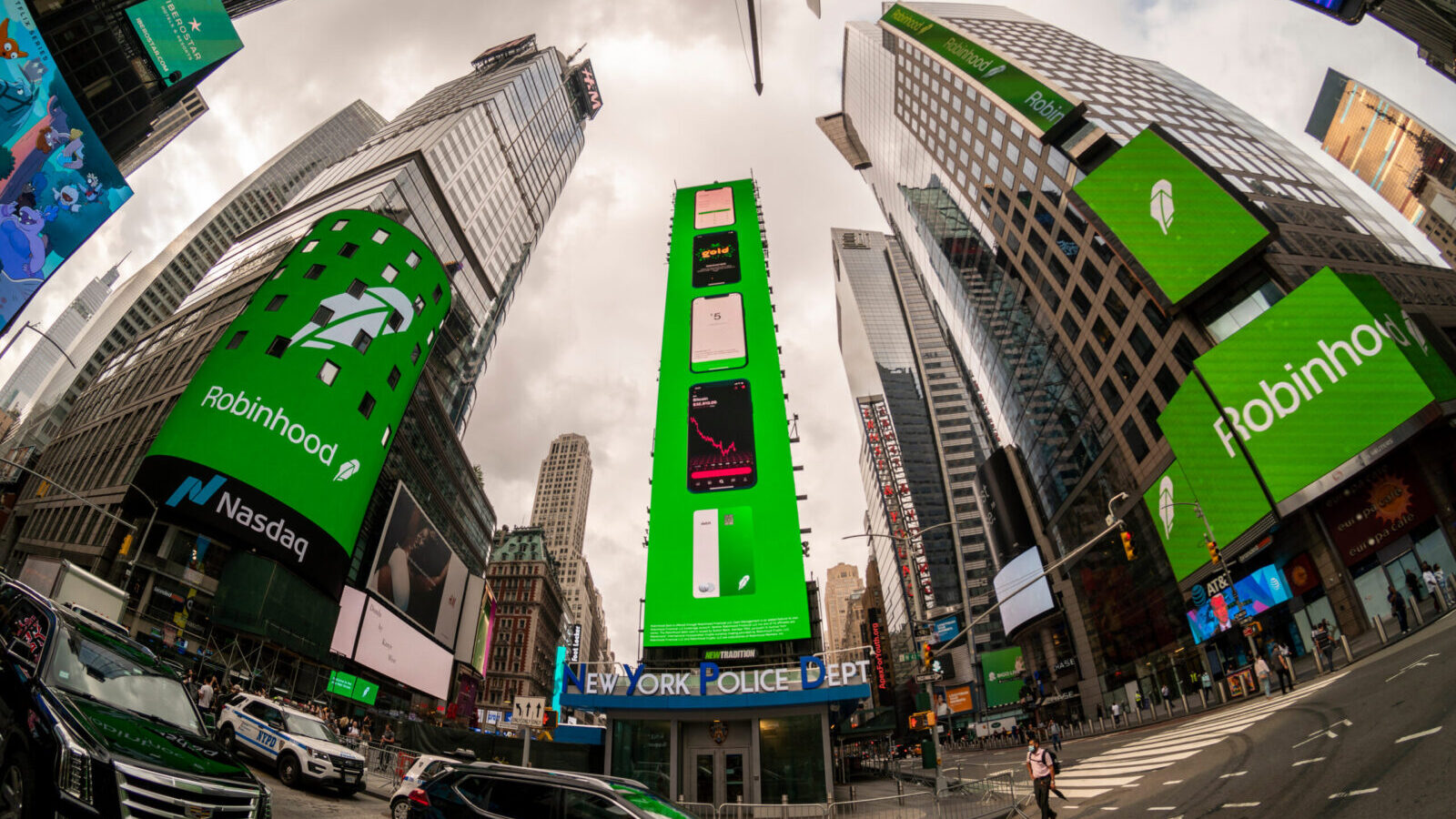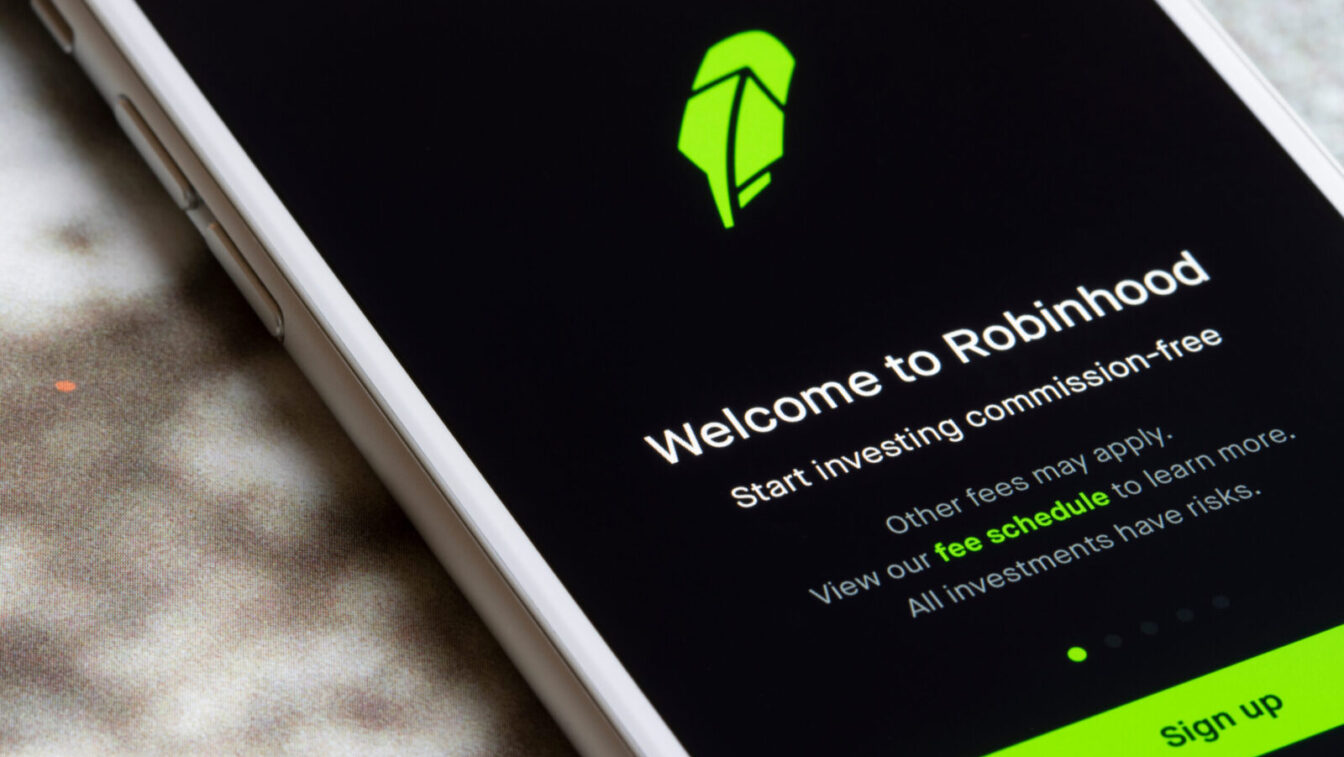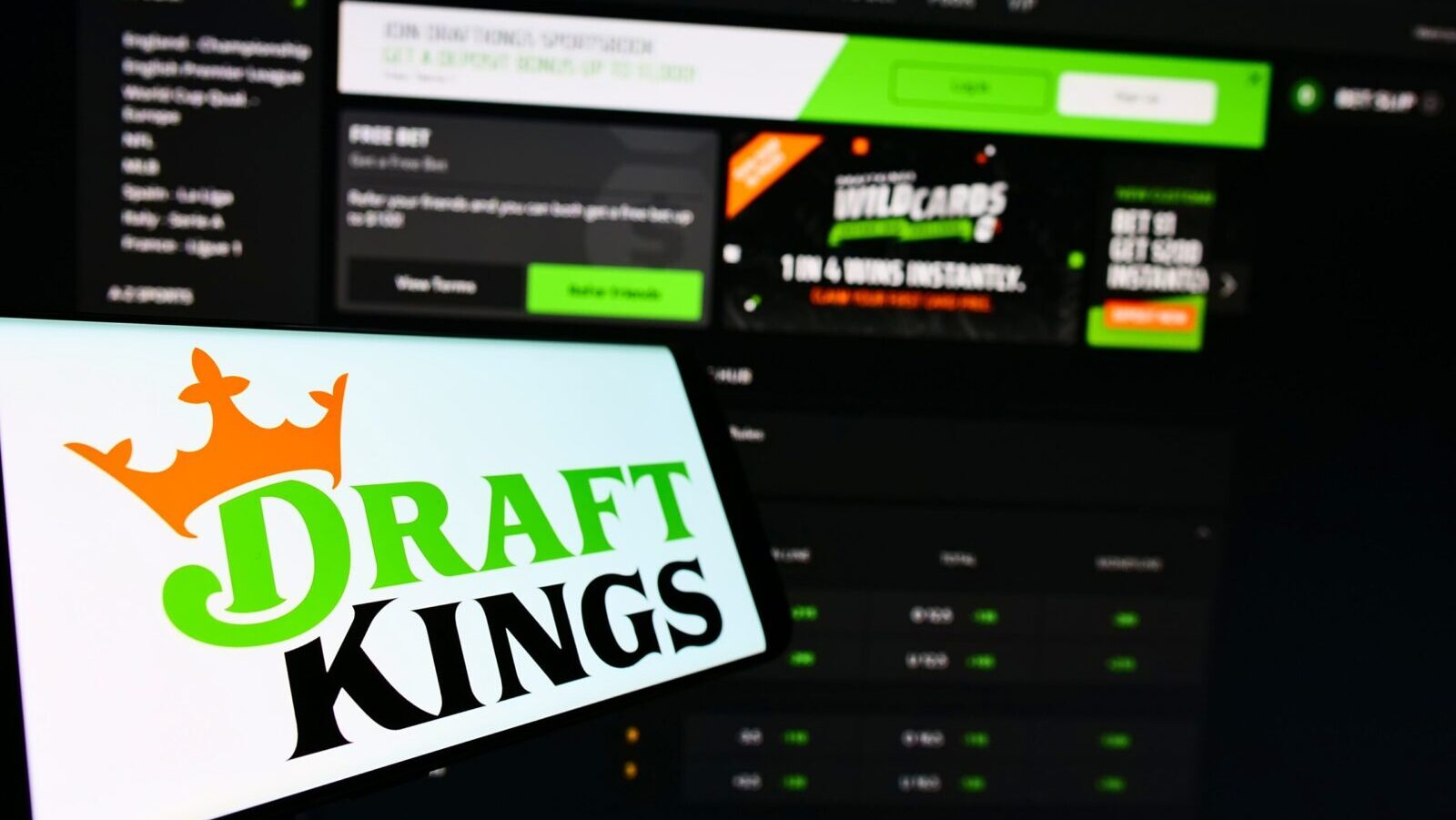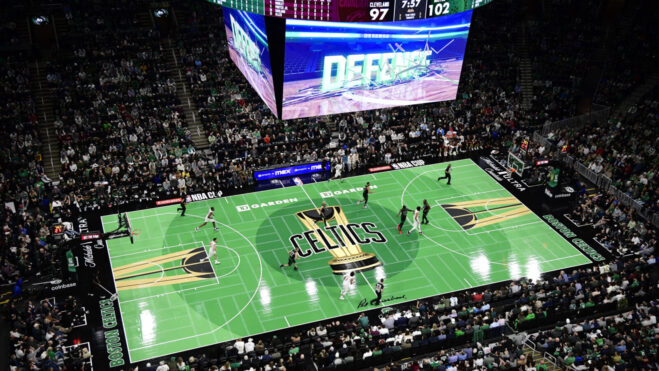Robinhood Reluctantly Suspends Super Bowl Markets At Request Of CFTC
Interestingly, the brokerage’s partner in the endeavor, Kalshi, is still selling contracts
2 min

Robinhood’s first foray into offering something resembling sports betting lasted all of one day, as Tuesday — the very next day after the brokerage announced it was offering event contracts for Super Bowl LIX — Robinhood suspended its “Pro Football Championship market.”
The decision came as a result of the Commodity Futures Trading Commission (CFTC) formally requesting that Robinhood “not permit customers to access” such markets.
“We are disappointed by this outcome,” Robinhood shared in a release, “especially given that we had been in regular communication with the CFTC about our intent and plans to offer this product. We’ve also taken steps to advocate for balanced regulation in the futures and derivatives markets, including participating directly in a CFTC roundtable, providing written feedback to the CFTC, and generally championing the economic benefits of event contracts.”
Robinhood specified that it had only rolled out the Super Bowl market to about 1% of its customers and intended to give those who had already invested the option either “to close their positions or take them to resolution.”
An ever-expanding gray area
According to The Wall Street Journal, the request from the CFTC came Monday afternoon, as the commission questioned whether brokers allowing customers to invest in markets based on outcomes of sporting events is legal.
It’s representative of a larger question tearing through the gambling world in recent months. A steady stream of operators that have not gone through state regulators to gain licensing for either sports betting or online casino have introduced products widening the gray area and raising questions of what it and isn’t permissible.
Robinhood, in partnership with prediction market Kalshi, thought what it was doing landed on the safe side of that line, particularly since a change of leadership at the CFTC took effect Jan. 20 with the start of the new presidential administration. The son of the president, Donald Trump Jr., was recently named an advisor to Kalshi, and various entities in the exchange space that is overseen by the CFTC quickly grew bold.
But the CFTC pushed back this time.
Notably, Kalshi still had its “Kansas City vs Philadelphia Football” market up as of Tuesday afternoon.
The American Gaming Association, a trade group representing the regulated casino industry, issued a statement Tuesday that agreed with the CFTC’s request that Robinhood stop taking what amount to sports wagers.
“The American Gaming Association is concerned with current efforts by certain trading platforms and digital exchanges to launch national sports event contracts that appear to circumvent state regulatory frameworks,” the AGA statement read. “Legal, regulated gaming in the U.S. — including sports betting — has worked with state and tribal regulators to develop regulated markets that protect consumers, promote responsibility, and support states and tribal communities in the form of tax revenues.
“The proceedings at the CFTC prompted by current efforts raise important questions, and the AGA further urges these companies to cease offering sports event contracts during the CFTC’s review period. Failure to sustain and uphold state regulatory frameworks on sports wagering poses potential consumer risks and jeopardizes state revenues dedicated towards critical priorities, such as public education, infrastructure projects, and responsible gaming programs and problem gambling services.”
The AGA estimates that $1.39 billion will be bet legally on the Super Bowl, scheduled for this Sunday in New Orleans.
Meanwhile, new CFTC acting chairman Caroline D. Pham announced on Jan. 27 a series of public roundtable discussions concerning “evolving trends and innovation in market structure, including issues such as affiliated entities and conflicts of interest, prediction markets, and digital assets.” These will occur over the next several months.
Though the Super Bowl markets were Robinhood’s first attempt at letting customers risk money on sports, it was the not the brokerage’s first toe-dip into event contracts. Robinhood’s maiden voyage there was on last November’s presidential election.
Like Kalshi, Crypto.com continues to offer contracts on the Super Bowl and other sports events. According to the WSJ, “The CFTC is currently reviewing Crypto.com’s contracts, and on Friday it sent letters to Crypto.com and Kalshi seeking information on why they consider their sports contracts legal.”






